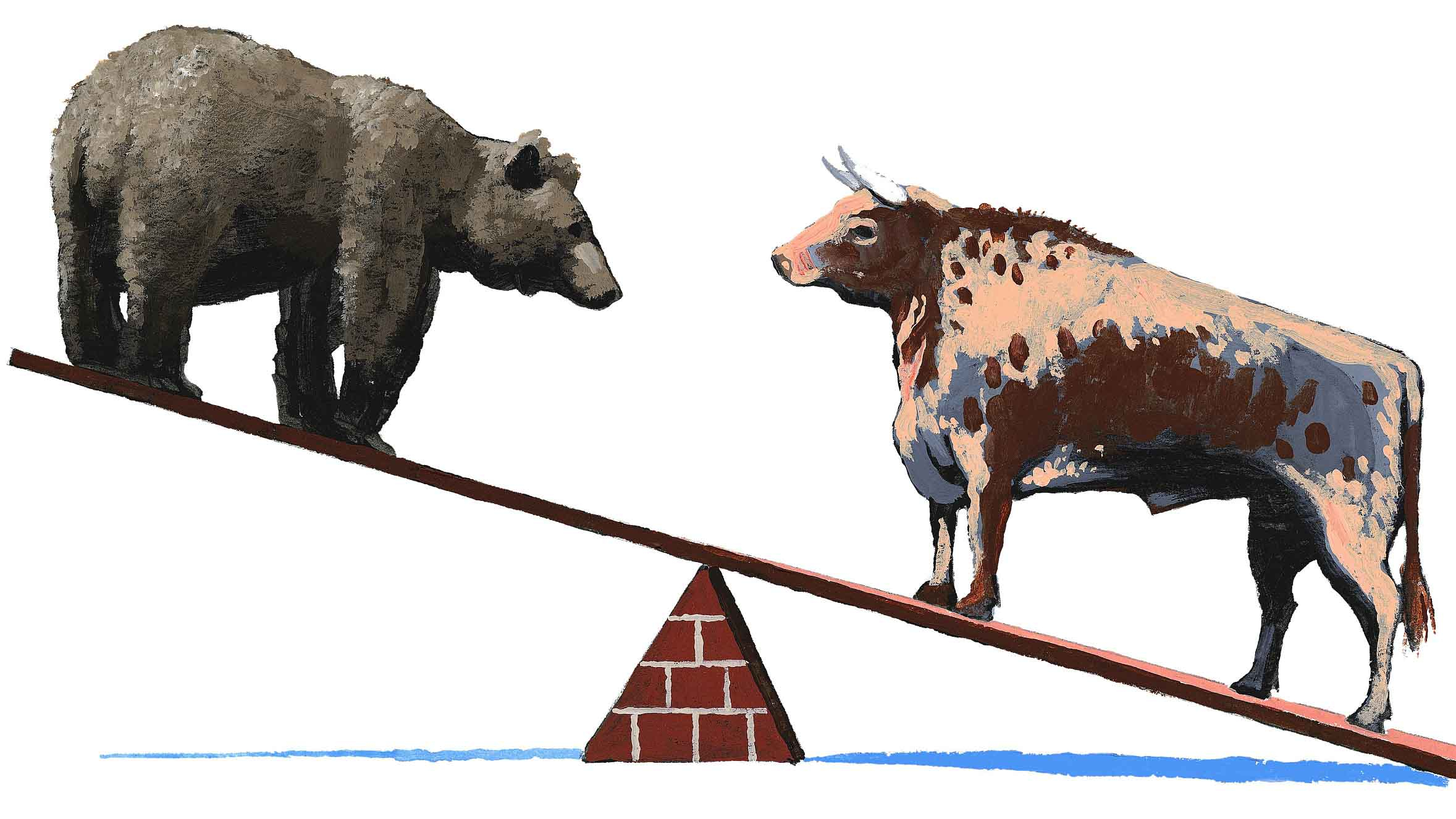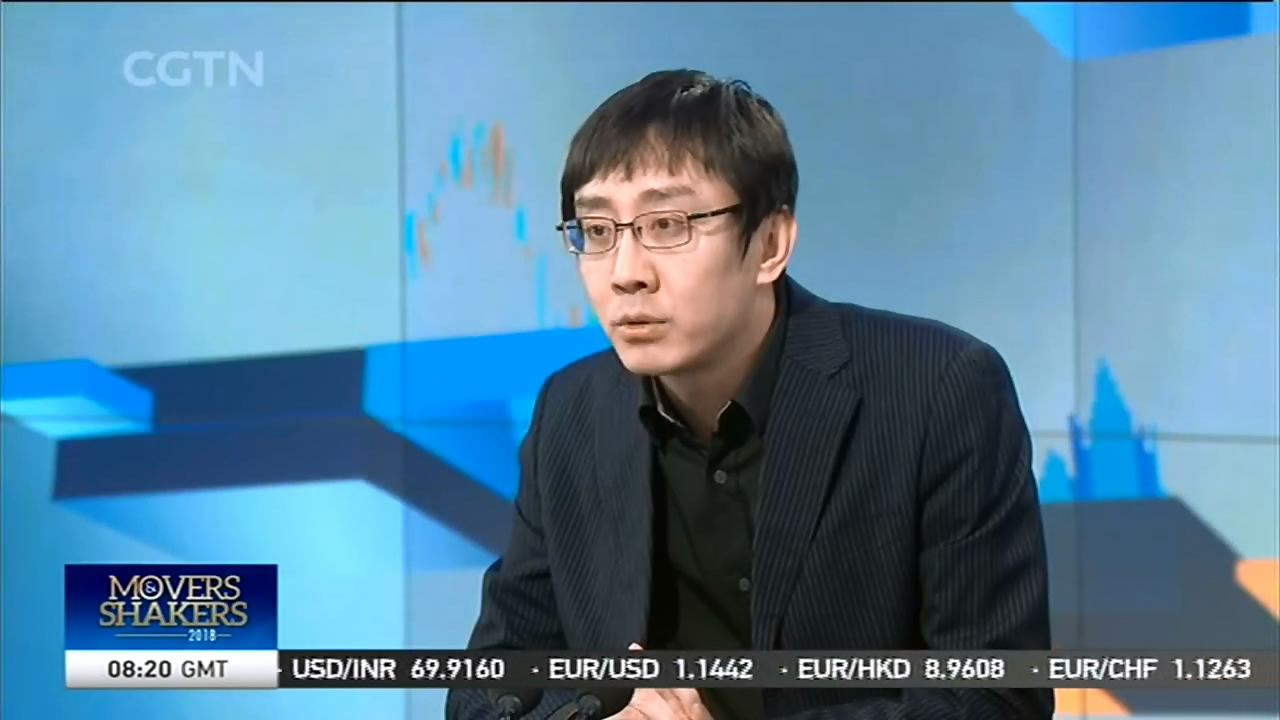
Markets
20:34, 31-Dec-2018
2018: Bearish year for China's stock markets
Updated
20:11, 03-Jan-2019
By CGTN's Global Business
04:07

The year 2018 has been bearish for China's stock markets – a slowing economy, coupled with trade frictions weighed on investors' minds. And the coming year might see more downward pressures on the economy while the simulative measures need time to pan out, according to Guo Xuesong, an economist with ICBC Credit Suisse Asset Management.
The benchmark Shanghai Composite Index fell nearly 25 percent on the year while the smaller Shenzhen Component Index dropped by 34 percent. Both declines were marking the sharpest annual losses since 2008, and the total market value of A-shares shrank 2.4 trillion U.S. dollars.
"I think the index reflects the investor's worry for the growth moderation because of the trade war and deleveraging," Guo said, citing that "at the beginning of the year, most investors hoped China's economy would be healthy. But few people saw the significant drags such as the deleveraging and the trade war."
Investor sentiment was dampened by the market's sluggish performance. The average daily transaction volume fell to 369 billion yuan (about 53.6 billion U.S. dollars), the lowest level since 2014. 577 mutual funds were liquefied in the first 11 months of the year, and more than twice the total amount of mutual funds liquefied in the previous 19 years.
The best performing sector was the so-called shell-companies, which rose by 15 percent year-on-year. On the flip side, Apple concepts and online gaming shares led losses, down 44 percent respectively.

Guo Xuesong, an economist with ICBC Credit Suisse Asset Management, talks in a studio interview with Global Business in Beijing, China. /CGTN Photo
Guo Xuesong, an economist with ICBC Credit Suisse Asset Management, talks in a studio interview with Global Business in Beijing, China. /CGTN Photo
Meanwhile, there is a consensus that more volatility will be in Chinese markets in 2019, especially in the first quarter, mainly due to trade war uncertainties and a general slowdown. The economist shared a similar opinion by saying: "I think the first quarter of next year will see more downturn pressure. And the GDP growth will further slowdown."
"About the trade war, although China and the U.S. have made some progress… whether the two countries can make a deal still remains uncertain. And the uncertainty is the risk in the next quarter," he explained. Several stimulus measures from the Chinese government are on the way, but Guo mentioned that those policies take time to be effective.
"We expect that the stimulus would be expanded next year. But it needs time for these policies to take effect."
In the meantime, on the contrary of some bullish expectations about the Hong Kong market, Guo warned that Hong Kong might not be an ideal choice for investment.
"Economy of [the] Chinese mainland will slow down next year. So the earnings of listed companies in Hong Kong market will slow down. And because of the Fed interest rate hikes, the financial condition is also a negative factor in [the] Hong Kong market," Guo told CGTN.

SITEMAP
Copyright © 2018 CGTN. Beijing ICP prepared NO.16065310-3
Copyright © 2018 CGTN. Beijing ICP prepared NO.16065310-3